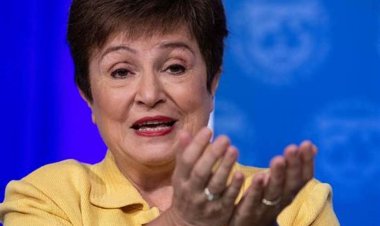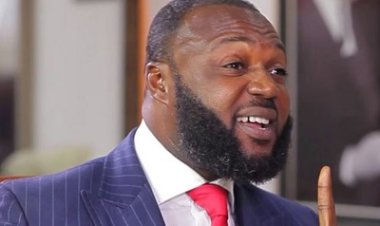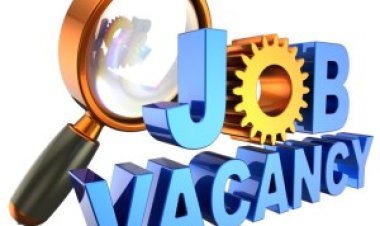Revision of Appropriation Bill not major economic achievement – Mona Quartey
Former Deputy Finance Minister Mona Quartey has said that the government’s downward revision of the Appropriation Bill from GH¢227.7 billion to GH¢206 billion should not be celebrated as a major economic achievement. She argued that the government is already cash-strapped and is left with no other option than to be measured in its spending. The […]

Former Deputy Finance Minister Mona Quartey has said that the government’s downward revision of the Appropriation Bill from GH¢227.7 billion to GH¢206 billion should not be celebrated as a major economic achievement.
She argued that the government is already cash-strapped and is left with no other option than to be measured in its spending.
The government has justified the GH¢20 billion cut in expenditure, saying that it is enough for the country in its current state and therefore did not request a supplementary budget during the budget review.
It said that the country had seen improvements in tax revenue in the first six months of the year and was on course to meet its targets for the year. However, oil revenues had fallen short of expectations due to changes in global prices, necessitating the downward review of expenditure to align with the underperformance of some of its revenue handles.
Quartey disagreed with the government’s assessment, saying that the economy is still in tatters. She cited the Domestic Debt Exchange Programme repayment and Ghana’s being locked out of the capital market as some of the challenges the country is still facing.
“Today we see a revision in the growth rate downwards, as if we are overheated, which we hadn’t. We had just gone through COVID-19 and our growth had become sluggish. We had now actually taken it further down. A GH¢20 billion cut in expenditure – is it because we wanted to cut expenditure, or is it because we have to? I really wanted to support them that we have been so wonderful, we are great accountants, and we had cut expenditures. I think we didn’t even have the money to spend,” she said.
She emphasized that the government was forced to cut spending because it had nowhere else to turn.
“One, we were locked out of the capital market. Two, we are struggling with the Domestic Debt Exchange Programme repayment plan, which we haven’t even concluded. We are still dealing with pensions who we told we would pay their monies, and yet we are still trying to negotiate with them. We are going back to this same domestic market to borrow for recurrent expenditure, only because we have nowhere else to turn to. So that expenditure cut was not because we wished to, because we wanted a wonderful surplus or so forth. But the deficit was necessary because there wasn’t even money to spend. So that GH¢20 billion, it was not out of fancy, but more out of necessity – we don’t have it, Ghana does not have GH¢20 to spend. So that didn’t happen,” she said.
Quartey applauded the government for not imposing new taxes, but she said that more needs to be done to invest in infrastructure.
“Not coming with any new taxes was a relief. I’m sure if you talk to anyone on the streets, they will tell you just as we go along, as we have seen in the mid-year review. With capital expenditure, for infrastructure for example, for a country like ours. We have a massive infrastructure deficit. You would have expected that last year’s ‘year of roads’ would have put in a whole lot more kilometres. A whole lot more bridges, a whole lot more of the ports infrastructure. Basically, a different area of transportation to make things work,” she said.

 admin
admin 








